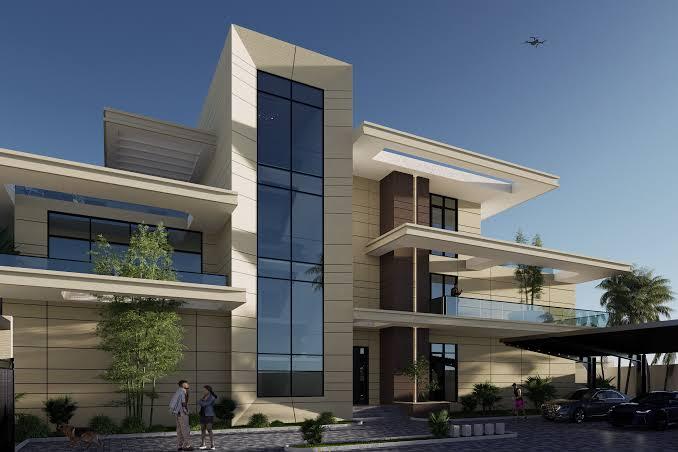Building a house in Nigeria is a dream for many—but behind the bricks and beauty are costs nobody prepares you for. Beyond cement, blocks, and roofing sheets, unexpected expenses can creep in and bust your budget if you don’t plan for them. If you're starting your building journey, this guide will reveal the often-overlooked costs that could make or break your budget.
1. “Omo-Onile” Demands
Whether legal or not, land touts (omo-onile) are a common reality, especially in states like Lagos and Ogun. You may be asked to pay:
-
Foundation fees
-
Roofing fees
-
Fencing fees
-
Even sand delivery fees to “community boys”
Estimated extra cost: ₦100,000 – ₦1 million depending on location and your negotiation skills.
2. Building Approval & Government Levies
Many assume once you buy land, you're free to build—but you need to pay local government permits, site inspection charges, and land-use compliance fees.
-
Town planning approval: ₦150,000 – ₦500,000+
-
Environmental and waste levies
-
Tenement rate (once you occupy the property)
Hidden cost impact: ₦300,000 – ₦1.5 million or more.
3. Borehole, Water & Waste Management
Many builders forget that there’s no public water in most parts of Nigeria, so:
-
Borehole drilling: ₦300,000 – ₦900,000
-
Septic tank/soakaway: ₦250,000 – ₦700,000
-
Water storage system (tanks, overheads): ₦150,000 – ₦300,000+
These are non-negotiable for functionality but often not included in building budgets.
4. Site Clearing and Earthworks
If your land is bushy, rocky, or sloped, be ready to pay for:
-
Bush clearing
-
Tree cutting/removal
-
Leveling and excavation
Unexpected cost: ₦200,000 – ₦1 million+
Also, poor soil may demand extra reinforcement during foundation, increasing cost.
5. Storage and Security of Materials
Materials get stolen. Period.
If your site isn't secure, you’ll need:
-
Store/shed construction: ₦100,000 – ₦250,000
-
Site security personnel: ₦30,000 – ₦70,000/month
Some builders lose up to ₦1 million to theft or rain damage. Don’t risk it.
6. Labour Downtime and Delays
You’ll face:
-
Rainy season halts
-
Festive period labour shortages
-
Unexpected absenteeism from artisans
This leads to extended timelines = extra costs on labour, food, and materials. A job meant for 3 months may drag into 6.
7. Finishing Extras That Add Up
When you hear "basic finishing", you probably imagine polished work—but…
-
POP ceilings? Not standard.
-
Fittings (WCs, sinks, taps)? Mostly not included.
-
Lighting, curtains, painting? All on you.
Finishing can double your budget if you want mid- to high-end aesthetics.
8. Inflation & Price Fluctuations
In 2025, building material prices change weekly:
-
Cement, steel, granite—all jump unpredictably.
-
Diesel costs affect transport and delivery.
Delaying projects can cost millions more. Always budget a 15–20% contingency for price shocks.
9. Power Supply Setup
NEPA won't connect your building for free.
-
Pole installation or extension
-
Wiring inspection and fees
-
Prepaid meter connection charges
Then there’s the generator, which is practically standard.
10. Professional “Unseen” Charges
-
Site engineer's transport & feeding
-
Community development contributions
-
Unexpected consultant visits
-
Post-construction cleaning (very real)
All small individually—together, they add hundreds of thousands to your final spend.
Conclusion: Plan for the Unplanned
If your build budget is ₦20 million, hidden costs alone could push you to ₦23–₦25 million—without luxury upgrades. Smart builders pad their budget with:
-
A 10–20% contingency buffer
-
A written scope defining what’s included
-
Local knowledge about land/community issues
These unseen costs can derail your dream—or keep it steady—depending on your planning.











